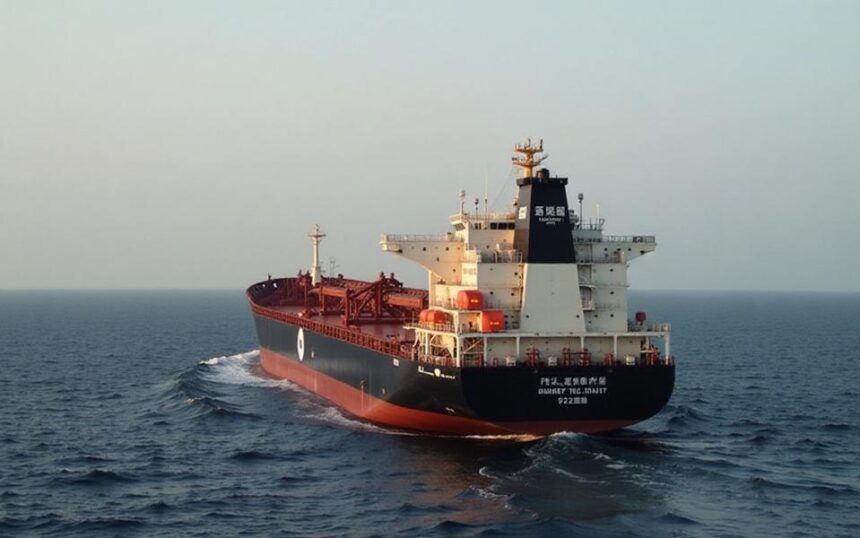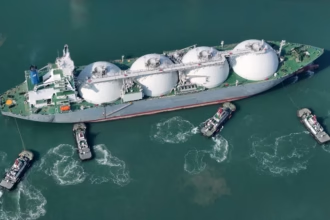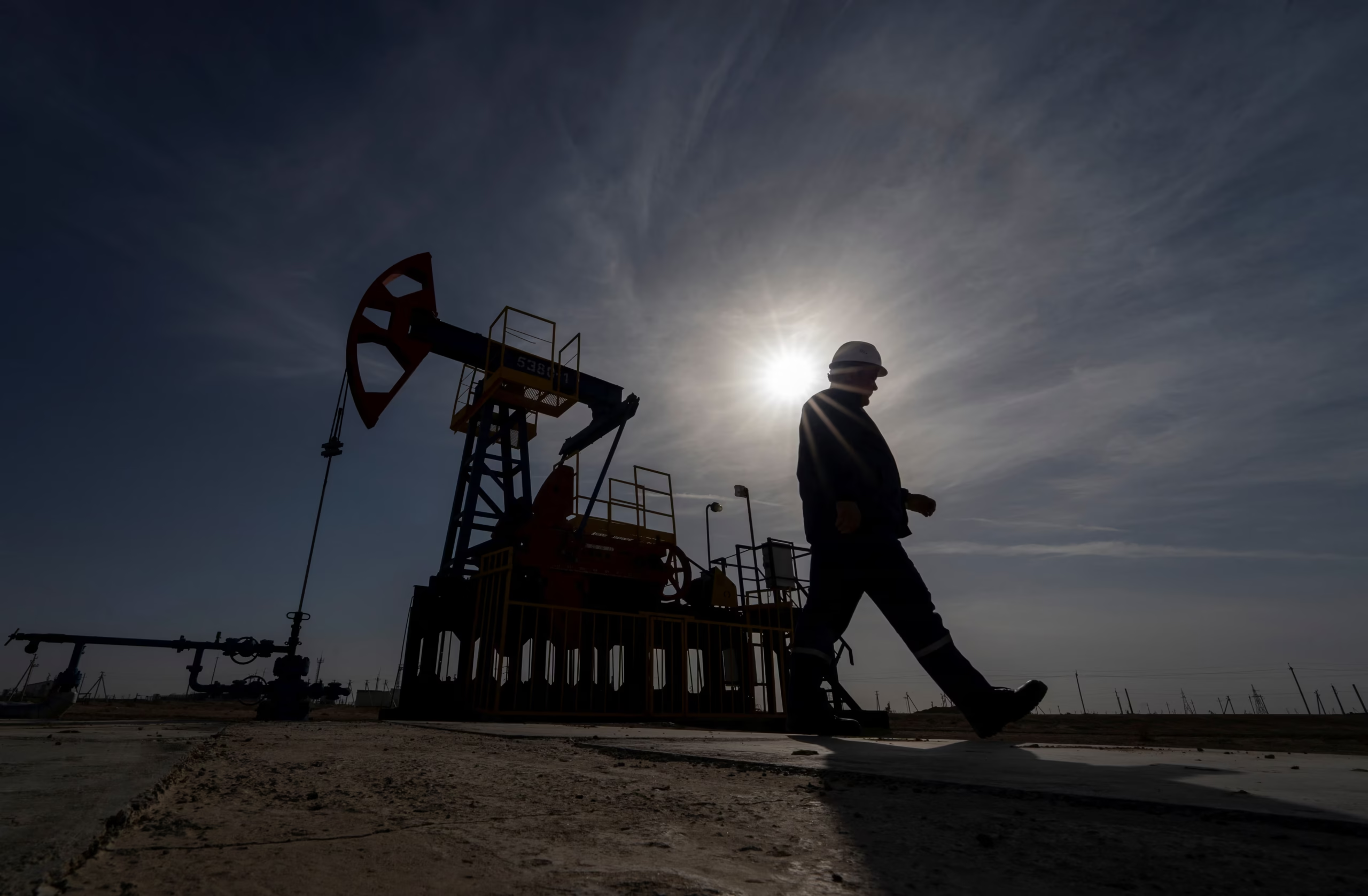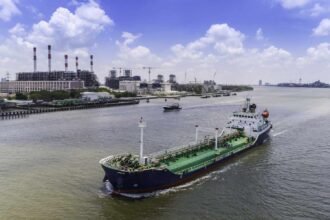Global diesel markets are facing renewed volatility as European Union sanctions on Russian fuel continue to reshape trade flows and disrupt traditional supply chains.
The EU’s measures, aimed at curbing Russian energy exports, have forced European buyers to source diesel from alternative suppliers, significantly increasing reliance on imports from the Middle East, Asia, and the United States. This shift has lengthened shipping times, raised transportation costs, and tightened availability in key markets.
Analysts warn that the reconfiguration of diesel trade routes could lead to higher prices and supply constraints, particularly ahead of the winter demand surge. “The sanctions have fundamentally altered how diesel is sourced and delivered, and we’re seeing ripple effects across every major region,” said one industry expert.
At the same time, Russia has redirected its diesel exports to Africa and Latin America, intensifying competition and further destabilizing traditional market dynamics.
The upheaval comes amid broader concerns about energy security, as refinery capacity constraints and geopolitical tensions compound the pressure on fuel markets. Traders and refiners are bracing for sharp price swings as they adapt to the new, fragmented landscape of global diesel trade.
With sanctions unlikely to ease soon, industry participants expect prolonged market turbulence and sustained pressure on diesel-dependent economies.














